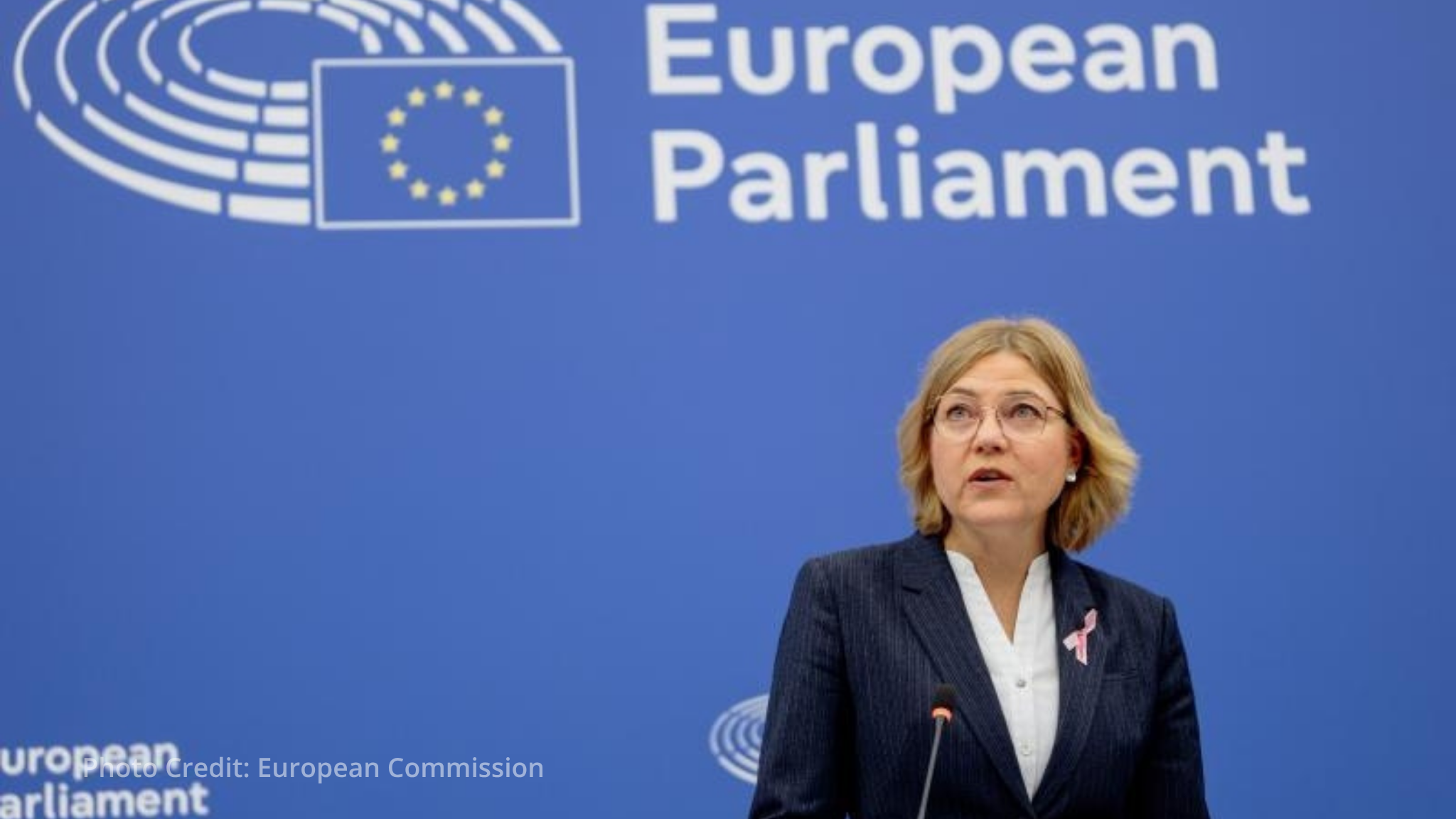The European Commission unveiled two new strategies today to speed up artificial intelligence adoption across Europe’s key industries and scientific research, officials revealed. The Apply AI Strategy targets sectors like healthcare, manufacturing, energy, and public services, while the AI in Science Strategy aims to put Europe at the forefront of AI-driven research.
Commission President Ursula von der Leyen said “I want the future of AI to be made in Europe” and stressed that widespread AI adoption needs safety as a priority. The Commission is mobilizing around €1 billion to support the Apply AI measures. The strategies deliver on the EU’s AI Continent Action Plan to make Europe a global leader in trustworthy AI.
Countries worldwide are racing to tap into AI’s potential, with Europe trying to catch up to the United States and China in the technology race. Six years ago Europe had just two supercomputers in the global top 10, but now has four with plans for more AI gigafactories. The Apply AI Strategy will create AI-powered screening centers for healthcare and support development of specialized AI models for manufacturing, environment, and pharmaceuticals. Small and medium companies will get specific help to integrate AI into their operations. The strategy also launches the Apply AI Alliance bringing together industry, government, academia, and civil society groups.
The AI in Science Strategy centers around RAISE – the Resource for AI Science in Europe, described as a virtual European institute to coordinate AI resources for scientific research. The Commission plans to invest €600 million from Horizon Europe to expand access to computational power for science, including dedicated access to AI Gigafactories for EU researchers and startups. Officials want to double Horizon Europe’s annual AI investments to over €3 billion, including doubling funding specifically for AI in science. The strategy includes €58 million for networks to train and attract top AI and scientific talent to Europe.
The Commission’s Joint Research Centre is contributing technical assessments and studies on AI’s impact on science and research practices. To coordinate action, officials are setting up an AI Observatory to monitor trends and assess sectoral impacts. An AI Act Service Desk was also launched to help ensure smooth implementation of EU AI regulations. The Commission acknowledges that Europe needs seamless access to high-quality, structured data to realize AI’s full potential.
The Commission will present a Data Union Strategy at the end of October to better align data policies with business and public sector needs. An AI in Science Summit is planned for Copenhagen on November 3-4, co-organized with the Danish Presidency, bringing together policymakers, researchers, and industry representatives. The summit will launch initiatives under the AI in Science Strategy, including the RAISE pilot and a private sector pledging campaign. These strategies represent Europe’s bid to compete with other global powers in the AI race while maintaining its focus on trustworthy and safe AI development.

